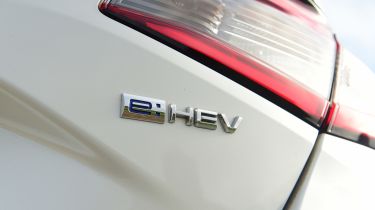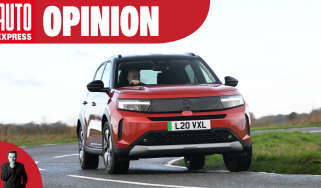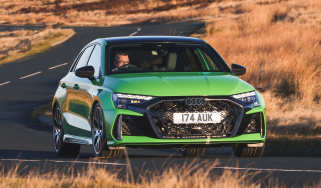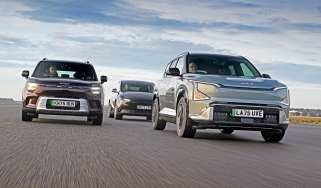Government softens 2030 petrol and diesel ban with hybrids now allowed
The sale of new hybrids and plug-in hybrids will be permitted until 2035 under the government’s revised ruleset

After months of uncertainty, the government has confirmed that new hybrid vehicles can be sold in the UK until 2035, with smaller manufacturers and commercial vehicles able to escape the restrictions altogether.
Following the conclusion of the government’s review into the UK’s EV transition, notably the controversial zero-emission vehicle (ZEV) mandate, the Department for Transport has announced that while the sale of new pure internal-combustion (ICE) vehicles will be banned from 2030, hybrids will still be allowed to be sold until 2035. From then on, only zero-emission vehicles, such as electric cars, are permitted.
Since before the general election, Labour has kicked around the idea of restoring the old 2030 phase-out of petrol and diesel cars, following the extension made by the previous Conservative administration to 2035; the government has long stated that it would allow hybrid-powered cars with a “significant electric range” to be sold in the five years between 2030 and 2035, but has until now refused to clarify what that means.
Nevertheless, we now know that full-hybrid cars, such as the Honda Civic and MG3, will be tolerated under the government’s revised rules, as will plug-in hybrids (PHEVs) like the Kia Sportage PHEV and BMW 330e. However, Auto Express can also confirm that mild-hybrid (MHEV) models will not be allowed, as these rely almost entirely on the internal-combustion motor, utilising the hybrid technology to lessen strain on the engine, with only a slight uplift in efficiency.
While this may come as welcome news to big-volume manufacturers, reducing the pressure to fully-electrify their line-ups before 2030, the smallest carmakers will receive even greater benefits under the latest changes; those registering fewer than 2,500 units per year will still be able to offer pure-ICE models until 2035, although those with an output of over 1,000 vehicles will still need to meet mutually agreed CO2 emissions targets.
Furthermore, there is now no requirement for commercial vehicles to incorporate electrified/ZEV technology, as pure-ICE models will be allowed to be sold all the way until 2035. However, there is one stipulation as manufacturers must ensure that their total emissions output is no greater than it was in 2021, essentially forcing them to adopt cleaner and greener powertrains.
Transport Secretary, Heidi Alexander, promised that these latest changes “will protect and create jobs – making the UK a global automotive leader in the switch to EVs – all the while meeting our core manifesto commitment to phase out petrol and diesel vehicles by 2030.”
Click here for our list of the best hybrid cars...




